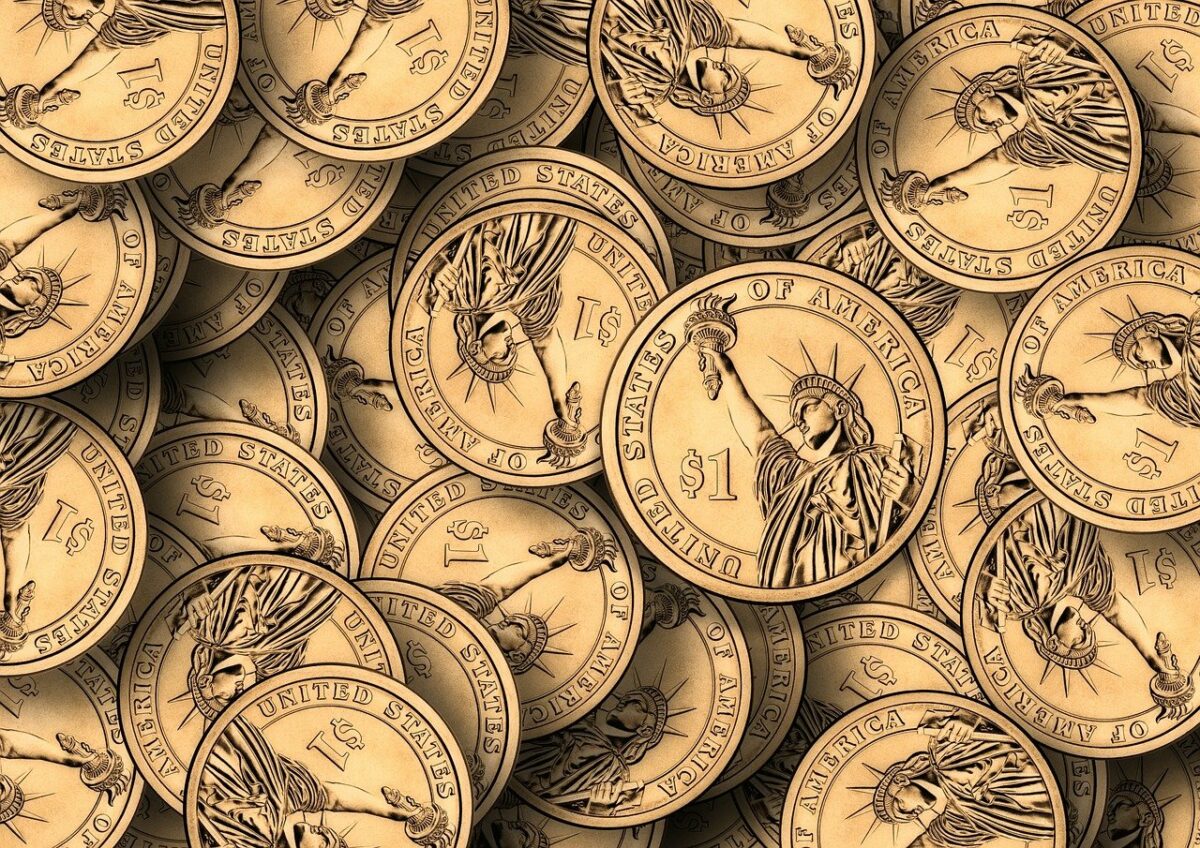‘Are we going to allow our money to fall behind the times?’ asks former U.S. CFTC Head

Many in the past have drew comparisons between the internet and cryptocurrency revolutions for various factors, but mainly the huge spurt of financial inclusion that both had ushered in. Now after the internet, development in the cryptocurrency industry could lead to the next wave of innovation that will drive economic growth, according to the former head of the United States Commodities Futures and Trading Commission (CFTC).
In an interview with Yahoo! Finance, ex-CFTC regulator Chris Giancarlo, who’s now the co-founder of the Digital Dollar Project, said that the sudden productivity boom that the post-lockdown era ushered in could be stabilized through digital currencies, thus putting the economy on a path to far more sustainable growth.
Cryptocurrencies could also prove to be the key to creating a fully networked digital economy that functions globally, according to Giancarlo, who believes China is the first to do this by adopting a CBDC. He said,
“All transactions in their economy, whether it be securities transactions, future transactions, commercial lending, commercial payments, retail payments, will be fully networked with their digital currency as almost the software operating system for a digital economy.”
This will benefit China extracting huge amounts of percentage points out of cost and latency out of its economy, pushing it into hyperdrive in terms of speed and efficiency. The Chinese CBDC pilot project is already running at full speed, with many companies driving adoption and use cases through hugely innovative projects and integration.
Cryptocurrencies are also solving many other issues posed by traditional financial institutions, such as low-interest rates and high transaction costs, leading to many in the West migrating to DeFi ecosystems to gain higher yields on their savings and investments.
Calling these unwarranted costs a “burden on the economy,” the former regulator further questioned,
“The cost of transactions cost Americans 5% or 6% a year of GDP…are we going to allow our money as well to fall behind the times, when the rest of the world is moving rapidly forward and creating digital tokenized based money?”
However, even as he believes that the U.S. is in a space race when it comes to virtual currencies, he still wasn’t sure if the adoption of a CBDC in the near term would be the best course of action. Albeit, it did need to be at par in terms of innovation so as to not be left behind.
Just last week, Fed Chair Jay Powell had revealed that the Fed was weighing the pros and cons of a Digital Dollar and will present a white paper on the same soon. However, they were in no rush to release one as of now, as it was “more important to do this right than to do this fast.”
The way forward for countries including the U.S. in the coming decade would be by creating sovereign digital currencies, said Giancarlo, adding that it will be useful in paying taxes and other government obligations, while also being the dominant form of payment systems in most economies. However, CBDCs will only work if the privacy of Americans is ensured, he opined, adding that,
“If they censor their transactions— if one government comes in and says, well, we’re going to disallow it, as China’s doing, they’re going to be able to disallow certain transactions. If governments start using digital money as a political plaything, they’ll destroy value in it.”
But innovation itself will only take root if mandatory regulations are in place, according to Giancarlo, who said that he “believes in regulation” but “we’ve got to get it right”. He explained,
“I believe that the emergence of crypto is very big. This is a multi-generational change in the nature of finance and the nature of money. The question is what is the right regulatory envelope for it to fit into.”
To that end, he believes many of the existing regulations in the country are archaic, and while certain parts could be applied to the crypto world, the space also requires new rules. If the rules introduced in the 1930s are applied to this novel asset class, it could lead to the stifling of innovation, he noted.




![Uniswap [UNI] price prediction - Traders, expect THIS after altcoin's 14% hike!](https://ambcrypto.com/wp-content/uploads/2024/12/UNI-1-400x240.webp)

